Construction Accident Injury Compensation Claims
Construction Accident Lawyers in NSW
The data periodically compiled by SafeWork Australia proves that the construction industry poses major hazards for its workers that cause serious injuries and fatalities. According to this data, around 12,600 workers compensation claims for injuries are accepted from construction industry each year, equating to 35 serious claims per day. If you have been injured during the course of work, you may be able to claim:
- Weekly wages
- Medical Expenses
- Lump sum payment
- Domestic assistance
- Common law payout
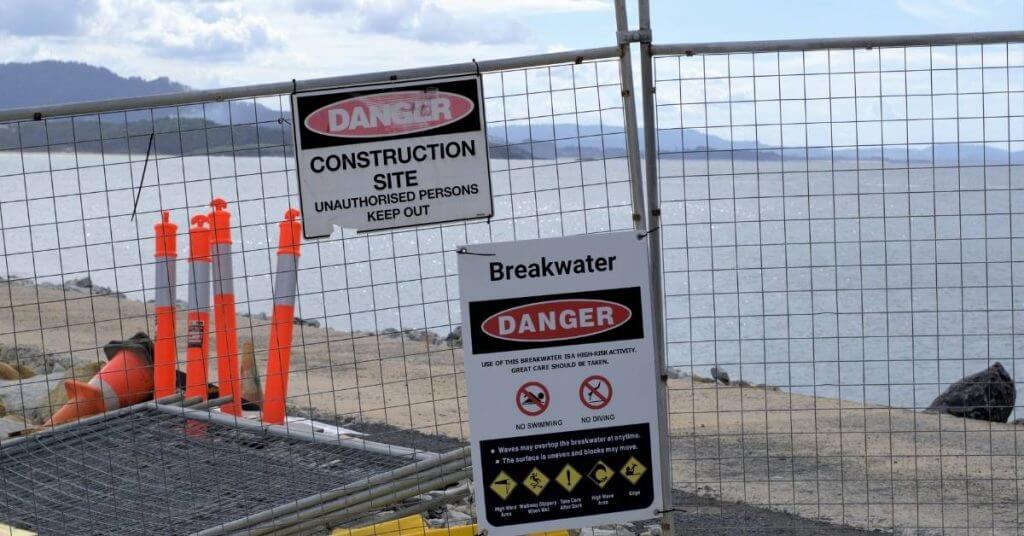
In New South Wales (NSW), construction employers have certain obligations under work health and safety (WHS) law including the elimination of risk to workers’ health and safety, providing safety training and having a workers compensation insurance. Having workers compensation insurance enables an injured construction worker to be covered by their employers workers compensation insurer. Whilst a head builder is usually considered the employer on a construction site, it is not necessarily the case as other contractors can be liable regarding a worker’s injury.
What compensation can construction workers claim?
Under the Workers Compensation Act 1987 (NSW), you are entitled to compensation for medical expenses including home care and loss of past and future income as a result of a work-related injury.
You are also entitled to a lump sum payment if your physical injury is assessed at 11% whole person impairment or more or you sustained a primary psychological injury with 15% or more whole person impairment. If your injuries are assessed at 15% whole person impairment or more you can make a claim for work injury damages, if your employer was negligent, which may allow you to claim your future lost earnings until the age of retirement.
How do construction workers claim compensation?
If you want to make a claim against your employer as an injured construction worker, you should first report the accident to your employer immediately. Secondly, you need to fill out a “worker’s injury claim form” and submit it together with the Medical Certificate which needs to be completed by your doctor. The Medical Certificate should also document the details such as your, date and description of the injury and your return to work program.
Who can you make a claim against as a construction worker?
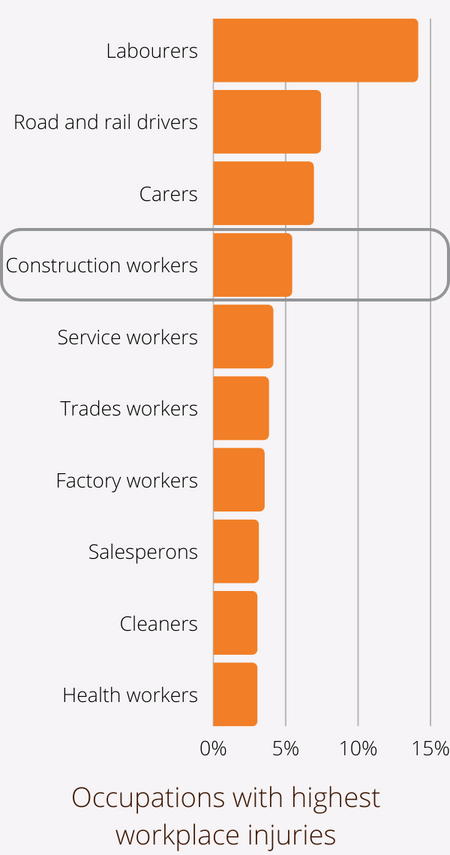
As a construction worker you may be injured due to negligence of someone other than your employer since there are usually more than one businesses involved in building sites.
In such cases, you may make a claim against a contractor who is not necessarily your employer per the Civil Liability Act 2002 (NSW). This claim could be brought in addition to a workers compensation claim depending on the circumstances.
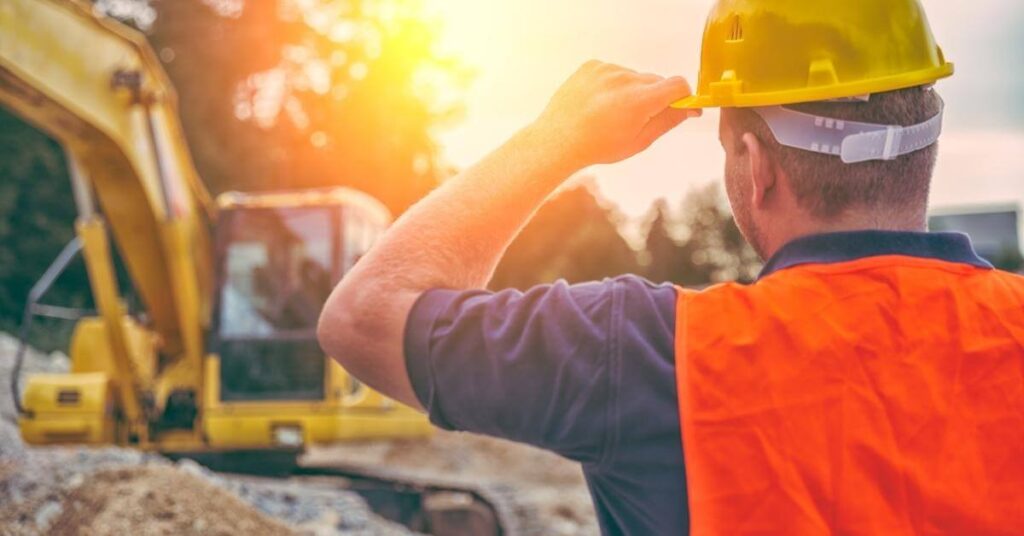
Frequently Asked Questions
An experienced personal injury lawyer in this field may help you correctly identify your situation (whether your case qualifies as for example as a workers compensation claim or public liability claim or both), break down the claim making process for you, let you know about your rights and even make an anticipation of the amount of compensation you may claim. Our experienced compensation lawyers will also offer critical guidance if your claim is rejected by the insurer and employer.
Workers compensation claims should be made as soon as possible in order to prove that it occurred in the course of employment however you have 6 months after the date of the injury. In some situations like absence from the state, a claim can be made up to three years. If a longer period than 3 years has passed after the injury and a claim has still not been made, it is possible to make one via the State Insurance Regulatory Authority’s (SIRA) approval.
You do not have to be in Sydney to make a compensation claim if you sustained a work-related injury as a construction worker. Regardless of where you are located in NSW or where the accident occurred, our lawyers specialise in personal injury claims and are conveniently located in Sydney, Parramatta, Penrith, Liverpool and Wollongong.
SafeWork Australia’s sectoral WHS report published in 2018 indicates that between 2013-16, the main causes of the fatalities observed in the construction industry in Australia included falls from a height, being hit by falling objects and vehicle accidents. The main causes of serious injuries, on the other hand, were muscular stress from lifting, carrying or putting down objects, muscular stress while handling objects, and falls on the same level.
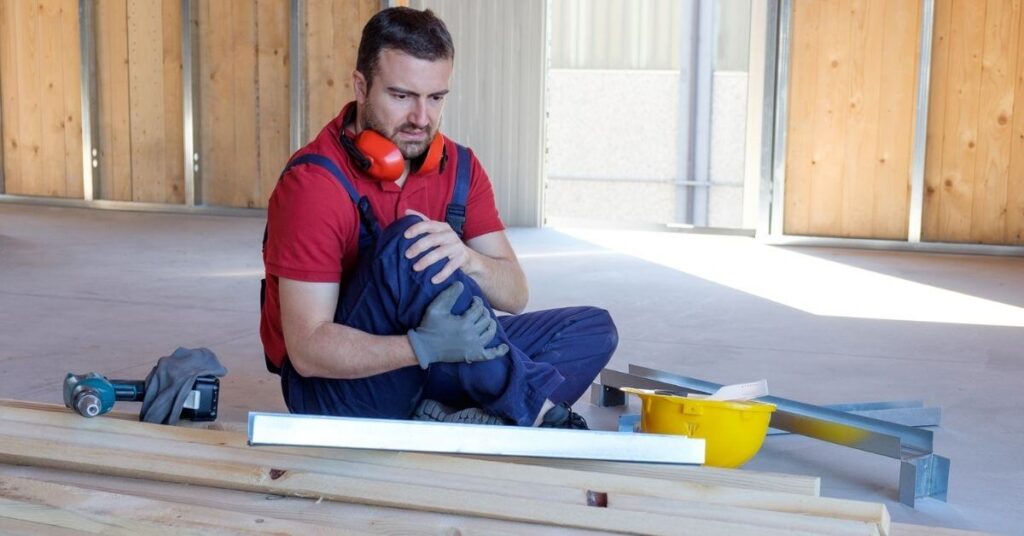
No win no fee construction accident lawyers
Whilst injuries that arise in construction sites are unfortunate, a piece of fortunate news is that at least you can obtain legal advice and representation without having to pay out of pocket due to our No Win No Fee lawyers in Sydney and Parramatta. Our No Win No Fee policy means that only if or when you get compensation you pay our legal costs disbursements. That means that if you are not successful in getting compensation then you are not liable to pay our costs and disbursements.

Issa Rabaya
• Bachelor of Laws
• Graduate Diploma in Legal Practice
• Approved Legal Service Provider to the Independent Review Office
• Member of the Law Society

Issa Rabaya
• Bachelor of Laws
• Graduate Diploma in Legal Practice
• Approved Legal Service Provider to the Independent Review Office
• Member of the Law Society
Free Initial Consultation

Related blogs

Can I retire while on workers compensation?
What happens to my workers’ compensation when I retire? If you have been receiving weekly payments through your workers’ compensation claim and you have reached

Can Your Workers Compensation Claim Be Denied?
If you have been injured in the course of employment you are entitled to workers compensation entitlements which include but are not limited to wages,
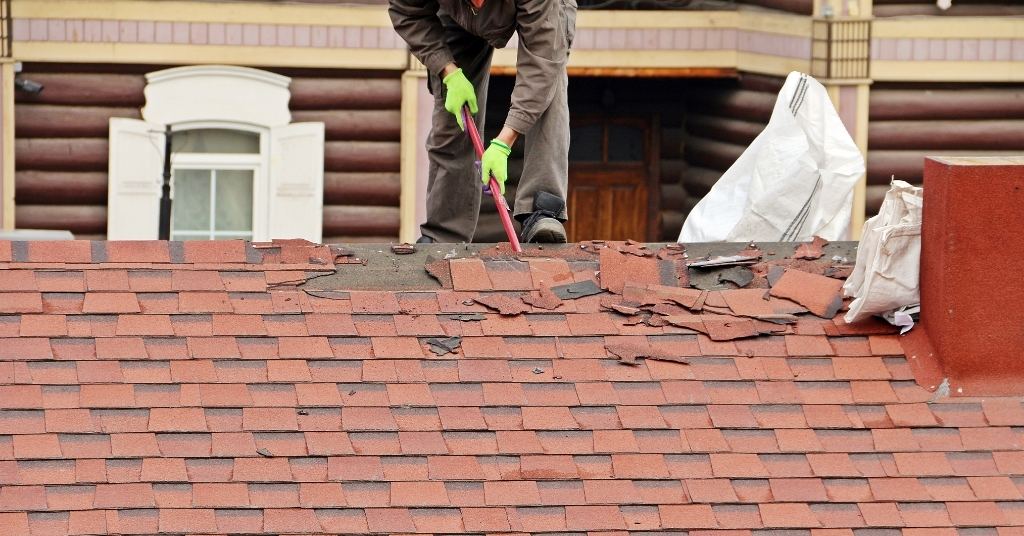
Does Workers’ Compensation Cover Contractors?
Workers’ Compensation for Contractors – Are You Covered? As work arrangements continue to evolve, understanding workers’ compensation for contractors is essential. Whether you are

Workers Compensation Weekly Benefits in NSW
Employers have a responsibility to fulfil their occupational health and safety obligations. This responsibility ensures that you receive entitlements if you are injured while working


